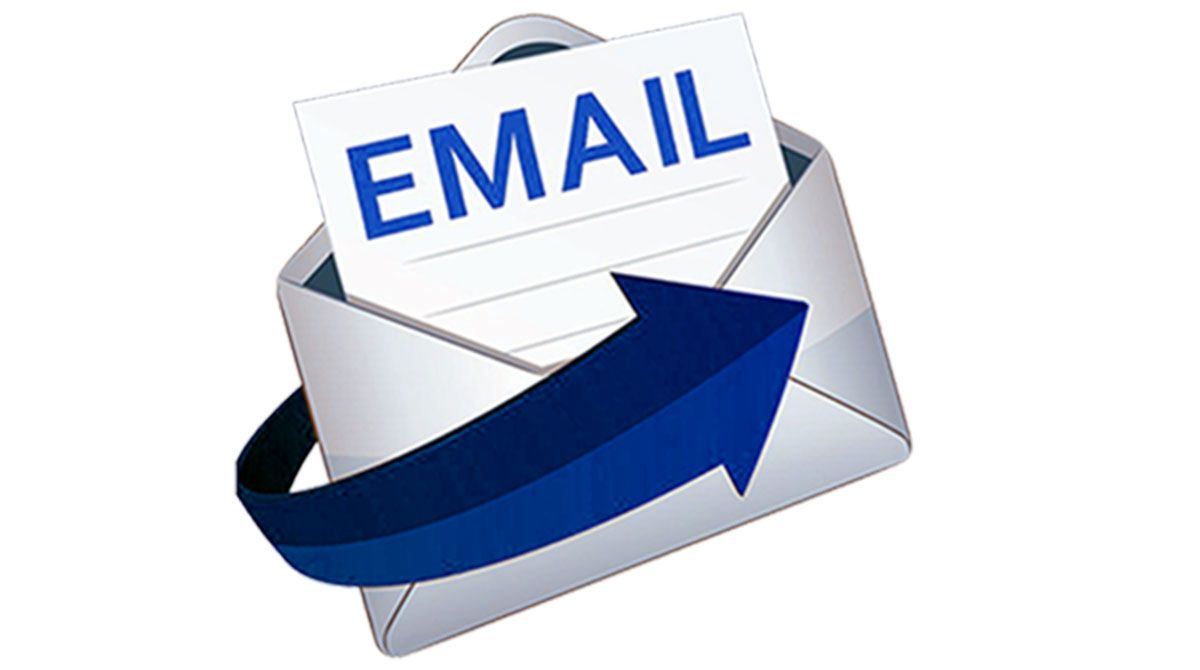New research by Kingston Business School expert debunks myths around best way to manage emails at work
Posted Monday 2 October 2017
 New research by Kingston University's Dr Emma Russell is challenging some of the commonly-held beliefs around the best way to manage emails at work.
New research by Kingston University's Dr Emma Russell is challenging some of the commonly-held beliefs around the best way to manage emails at work.
Do you believe emailing gets in the way of more important tasks at work – or that checking your inbox only a few times a day is the most efficient approach?
New research by a Kingston University email expert is challenging some of the commonly-held beliefs around the best way to manage – and use – emails in the workplace.
Dr Emma Russell, Head of the Well-being at Work Research Group at Kingston Business School, conducted an extensive review of the literature regarding strategies people use to manage their work email. Emerging themes were then sense-checked in interviews with a group of working adults to find out how these approaches work in practice.
Commissioned by workplace experts Acas, the findings of the study are now being used to provide impartial information and guidance to employers and employees. As well as leading to the development of a series of top tips for employees, the research also called into question the effectiveness of popular perceptions around email use.
One such example was the belief that email was a time-wasting distraction from real, important work – when in actual fact, only a very small proportion of emails sent and received at work is non-work critical, Dr Russell said.
 Dr Emma Russell, Head of the Well-being at Work Research Group at Kingston Business School."People use email to help them get their jobs done," the occupational psychology expert explained. "Most people say they couldn't imagine being able to do their work effectively without it, and very few send non-work critical email during their working day."
Dr Emma Russell, Head of the Well-being at Work Research Group at Kingston Business School."People use email to help them get their jobs done," the occupational psychology expert explained. "Most people say they couldn't imagine being able to do their work effectively without it, and very few send non-work critical email during their working day."
Another myth challenged by the research was that emailing gets in the way of developing strong working relationships between colleagues – whereas in actual fact, it only reflects the existing culture within the workplace, Dr Russell added.
"The way emails are used tends to mirror the culture of an organisation - for example, email users will display poor email etiquette, and copy people into messages to hold others accountable, if a blame culture exists. When the culture of trust is good, email is used to forge new and rewarding relationships."
Meanwhile, the idea that people should only check their email a few times a day was another common practice found to be counter-productive. Instead, checking and processing emails regularly through the day allows workers to prioritise and control their workload effectively – and avoids the negative implications of a build-up of tasks in the inbox, Dr Russell said. "The key here is not to allow email to interrupt your work, but to choose when those checks are made," she added.
The research led to her identifying three key themes that strategies relate to – the culture of email in which a user operates, the shaping of behaviours as technology has developed over time, and individual differences relating to person characteristics and perceptions.
The research findings have now allowed Dr Russell to compile a series of top tips for effectively managing email at work. "It is clear there is no one-size-fits-all set of strategies that will universally improve our productivity and well-being at work," she said. "But using just some of these tips could significantly improve the way we manage our email, and help us to feel more in control. The pointers are sufficiently grounded in research to provide some useful advice."
Acas Senior Research Manager Rachel Pinto – who commissioned the research – said that email was an integral part of many people's working lives, so developing strategies to deal with it effectively was vital. "The research suggests employers and employees may benefit from reviewing their email behaviours and practices to help manage inboxes and to ensure that emails do not become a source of stress," she said. "Going forward, Acas will be using this research to help inform and develop our guidance to help workplaces develop positive working environments and relationships."
Dr Russell's top tips for managing email at work:
- Deal with and clear email whenever you check it. Don't just read it, but act on it – file it, flag it, delete it. By reducing inbox clutter, people report feeling less overloaded.
- Switch off email alerts. Interruptions can have a negative impact on our efficiency, but make sure that you are still logging on regularly - once every 45 minutes or so – to stay on top of email and new work priorities.
- Use the 'delay send' function when sending email out of hours, so that recipients only receive their email during normal working hours. This means that while you are taking advantage of the flexibility of email, you aren't imposing this on the recipient.
- Review your personal email strategies – are they purposeful and efficient or are they habitual and reactionary? Many people are engaged in automatic, reactive use of email that can prevent more strategic decision making and thought.
Dr Russell has been studying email behaviour in the workplace and its impact on public well-being for more than 12 years and has previously conducted research into how the email practices of diligent workers make them unhappy and less effective.
Contact us
General enquiries:
Journalists only:
- Communications team
Tel: +44 (0)20 8417 3034
Email us



